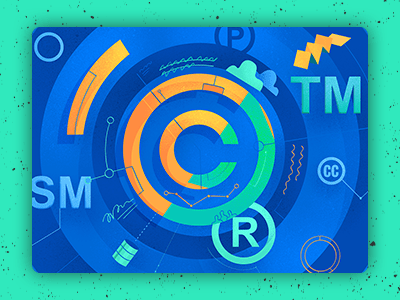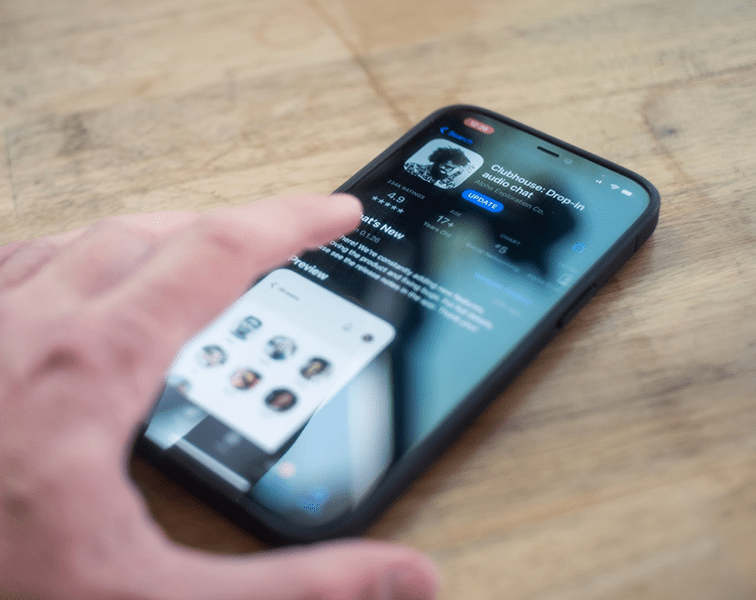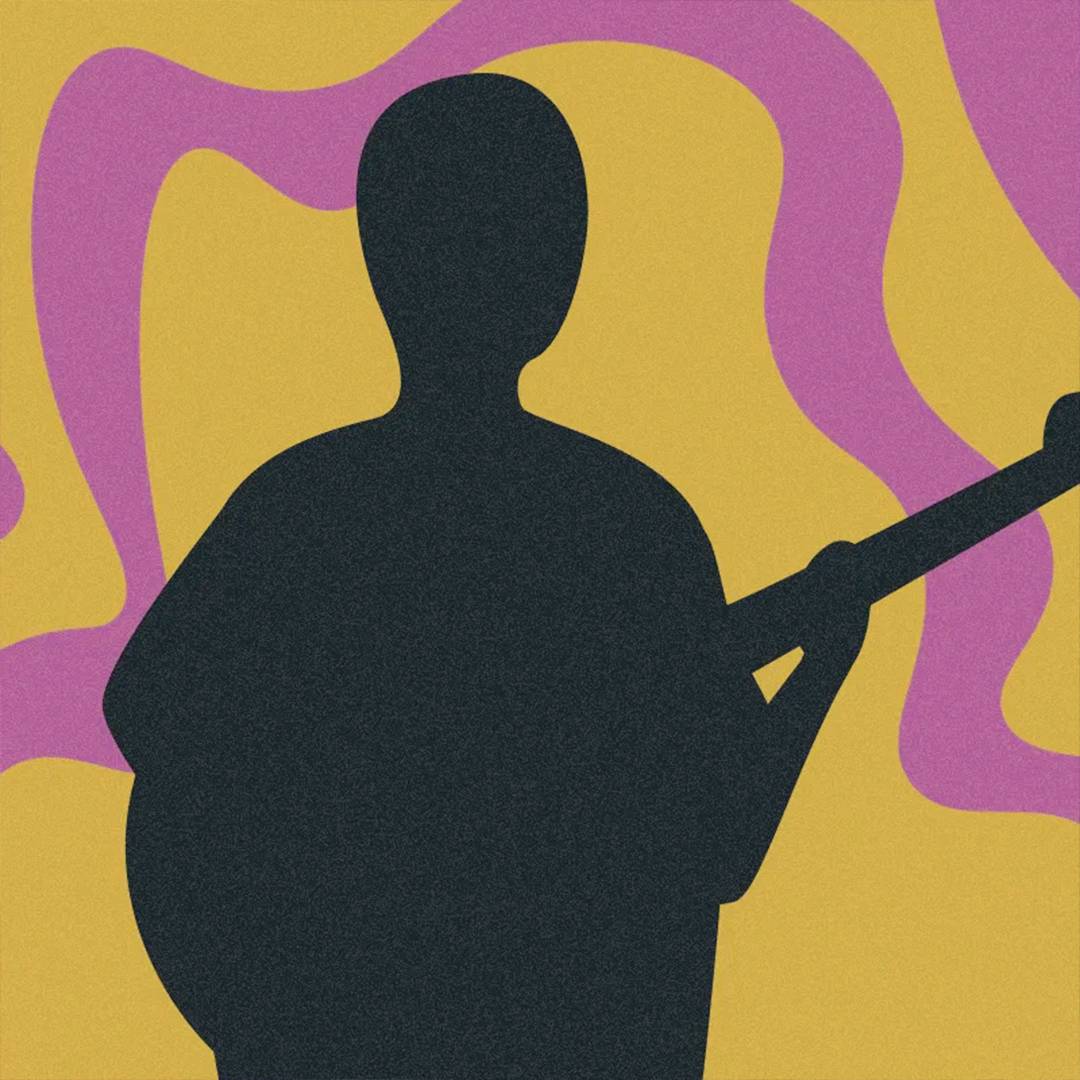Music Marketing and promotion issues tend to be the most exciting and discussed aspects for indie musicians. However, another even more critical part of independent music creation is the legal side of the process. Copyright law is usually thrown under the bus and lacks popularity. Musicians seem to be more interested in other aspects of the job. While without copyright law, music would be only a hobby. Copyright protection is the foundation that makes the existence of the industry possible.
Law issues should be left to lawyers, but it makes sense to know your legal limits and possible outcomes before creating. It will help you feel comfortable while discussing the contract and be able to protect your legal rights and secure your income streams.
In this article, MusicPromoToday will give you the guide to the basics of legal music protection. It will help you easily distinguish if your music is legally protected.
Copyright Protection is a form of intellectual property law, protecting original works of authorship. Music has to be created with sufficient originality and be “fixed in a tangible medium of expression” to qualify for copyright protection. It means the work has to have a physical format such as written down lyrics, audio, or video recording so that it is possible to reproduce it in physical form.
Having copyright protection when music is created is essential. However, there are a few crucial benefits you can get only in case of federal registration. Some of them are the public notice of who owns the work, being able to sue in federal court for copyright infringement, a legal presumption of ownership of the work in court, etc. If interested you can dive deeper into Copyright Registration Advantages and Disadvantages.
The important part for you to know, according to music industry lawyer Erin M. Jacobson, is that a person (or company) cannot sue in federal court for copyright infringement without registration with the U.S. Copyright Office. The date of creation listed on a federal registration certificate is the strongest evidence a court will consider.
As many companies nowadays offer copyright protection, it is also vital to not trust anything they say as it can just be misinformation. Instead, Jacobson suggests making sure they are experienced and will file the registrations correctly. The companies offering a “date stamp” have to show evidence of the date of creation of a work. They charge just a few dollars per registration and make it appear that using their service will save the user a lot of money compared to the U.S. Copyright Office’s fees, claims Jacobs. Remember: the court will still want the federal registration certificate; nothing can change that. You can find more detailed information on copyright Federal Registration here.
However, to get only the fundamental six exclusive rights for a song, you don’t need federal registration. You only need to put the music in the tangible form of written down lyrics or recorded samples.
The six exclusive rights are:
1- You alone can create copies of your song;
2- Make derivatives;
3- Display it;
4- Perform the composition and sound recording;
5- Get permission from you;
6- Provide payment.
Next, you have to concentrate on trademarks. They mostly apply to brand and company names in music. The vital factor is that trademarks can get protection thanks to using “in commerce” as being out of the market. It gives all the same benefits as federal registration does.
Because there are too many law details involved, copyright is more complex and important than people usually realize. It is important to know that two kinds of copyright exist in the music industry. One, which is more known and discussed, is the composition copyright. It helps to protect the unique arrangement of melody and lyrics. The other type of copyright is for sound arrangement and is called the sound recording copyright.
Songwriters usually own the composition copyright, and the recording artists own sound recording copyright. If one person does both, they, of course, get two copyrights under their belt.
One song can have multiple sound recording copyrights, while composition copyright can only be one.
To get more useful information on the promotional and legal aspects of music marketing, read MusicPromoToday.



